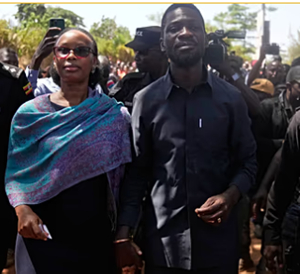A toxicologist made a submission on JOYNewsfile recently and noted that restoring the quality of a damaged biological system such as water may need a decade. The comment centred on efforts at reclaiming environmentally degraded lands and whether they actually restore the fertility of soils.
However, a researcher with the CSIR-Soil Research Institute refuted this moderate claim by stating scientific research proves that it takes more than 300 years.
He maintains that while degraded mining areas can be restored for alternative uses such as forestry, this does not constitute true restoration. Naturally, it sparked numerous reactions with many disputing this claim.
Restoration involves returning the land to its original state, akin to its initial condition, which is often either unfeasible or may need centuries. To him, restoring deteriorated mining sites to their original condition is nearly unattainable.
This is because the process of restoration entails reverting an entity to its original state, or to a condition of vigorous health and vitality. Remediating soil contaminants may require numerous years, not to mention the subsequent restoration efforts.
Mineral mining depletes vital nutrients for plants in the uppermost layer of soil, known as top soil. It takes 500 to 1,000 years for one inch of topsoil to form through the interaction of bedrock, climate, topography and living organisms.
The removal of vegetation and use of heavy machinery in mining results in depletion of soil fertility and productivity, damaging the subsurface for crop cultivation. Consequently, there is substantial decline and loss in ecosystem functioning, decline in the nutrients cycle and depletion of the litter-layer due to mineral mining activities.
It therefore stands to reason that discussions around restoring degraded mining sites highlights the complexities and challenges associated with environmental remediation.
This must be factored into the discussion because proponents of liberalising small-scale mining always point to the claim that once lands are reclaimed, pastoral activity can go on unabated. But environmentalist and scientists point to the fact that restoring lands to their original state is almost an impossibility or will take generations to achieve.
Business News of Thursday, 17 October 2024
Source: thebftonline.com

![Birim River [Photo Credit: Edem Srem] Birim River [Photo Credit: Edem Srem]](https://cdn.ghanaweb.com/imagelib/pics/810/81021114.295.jpg)











